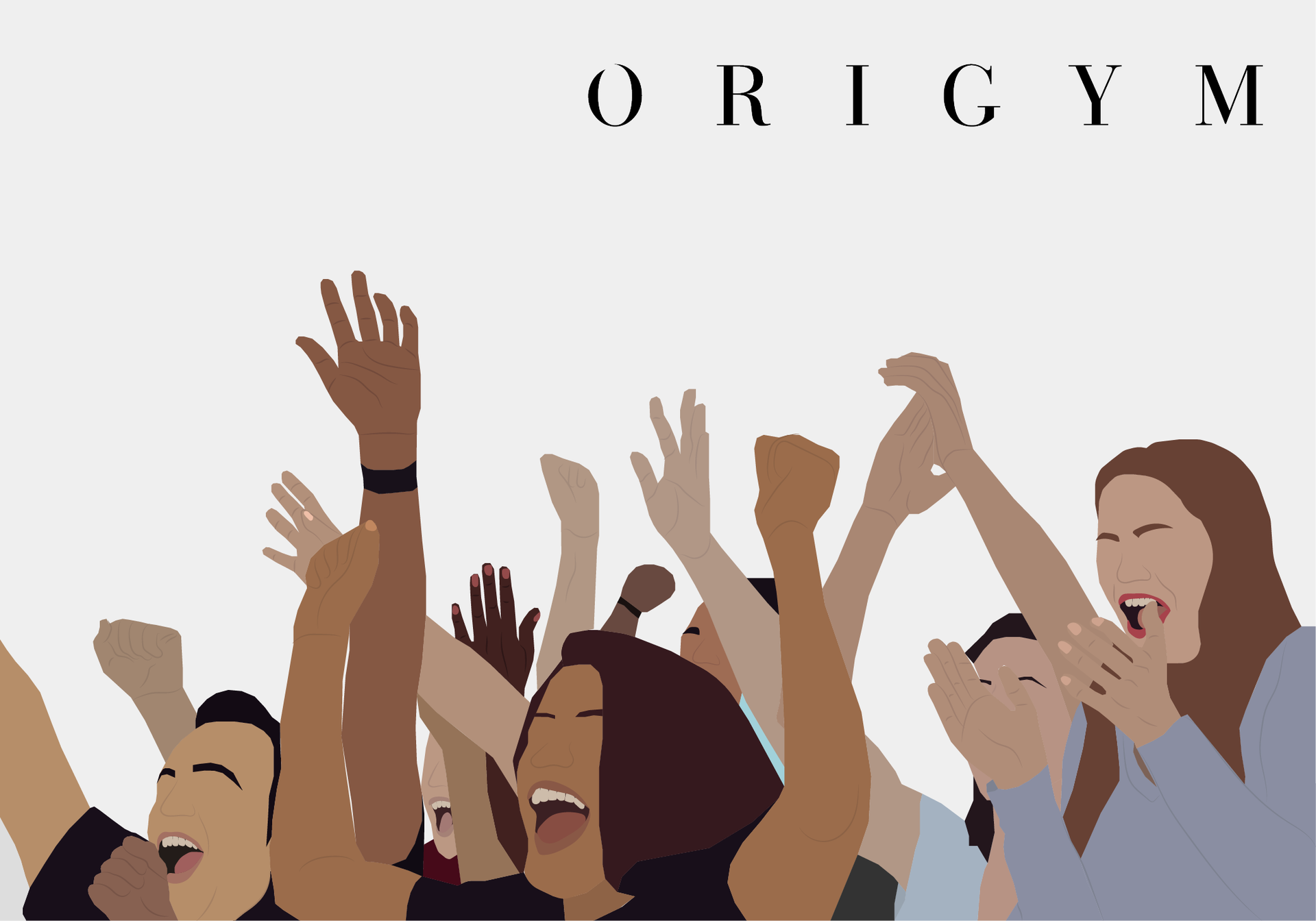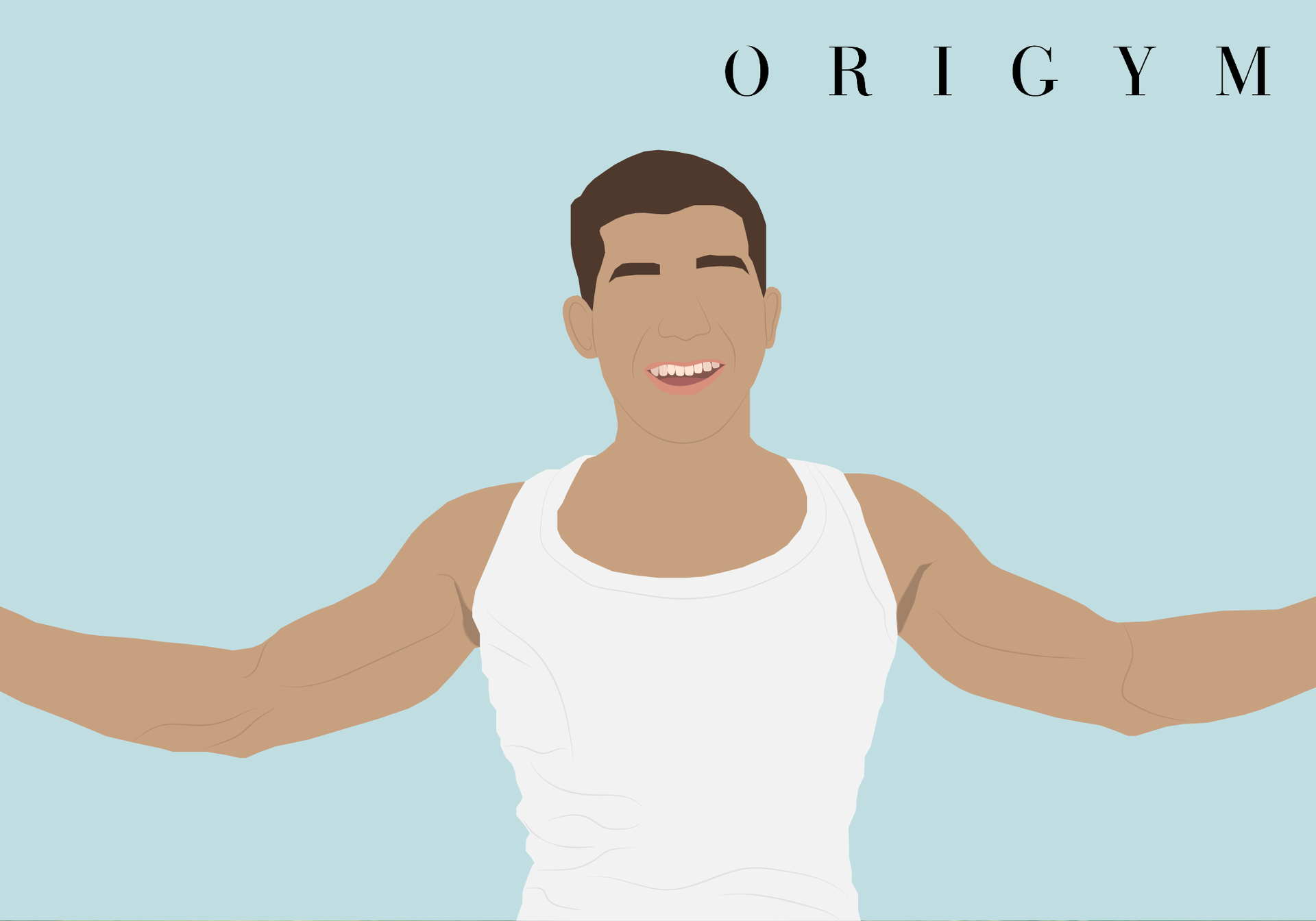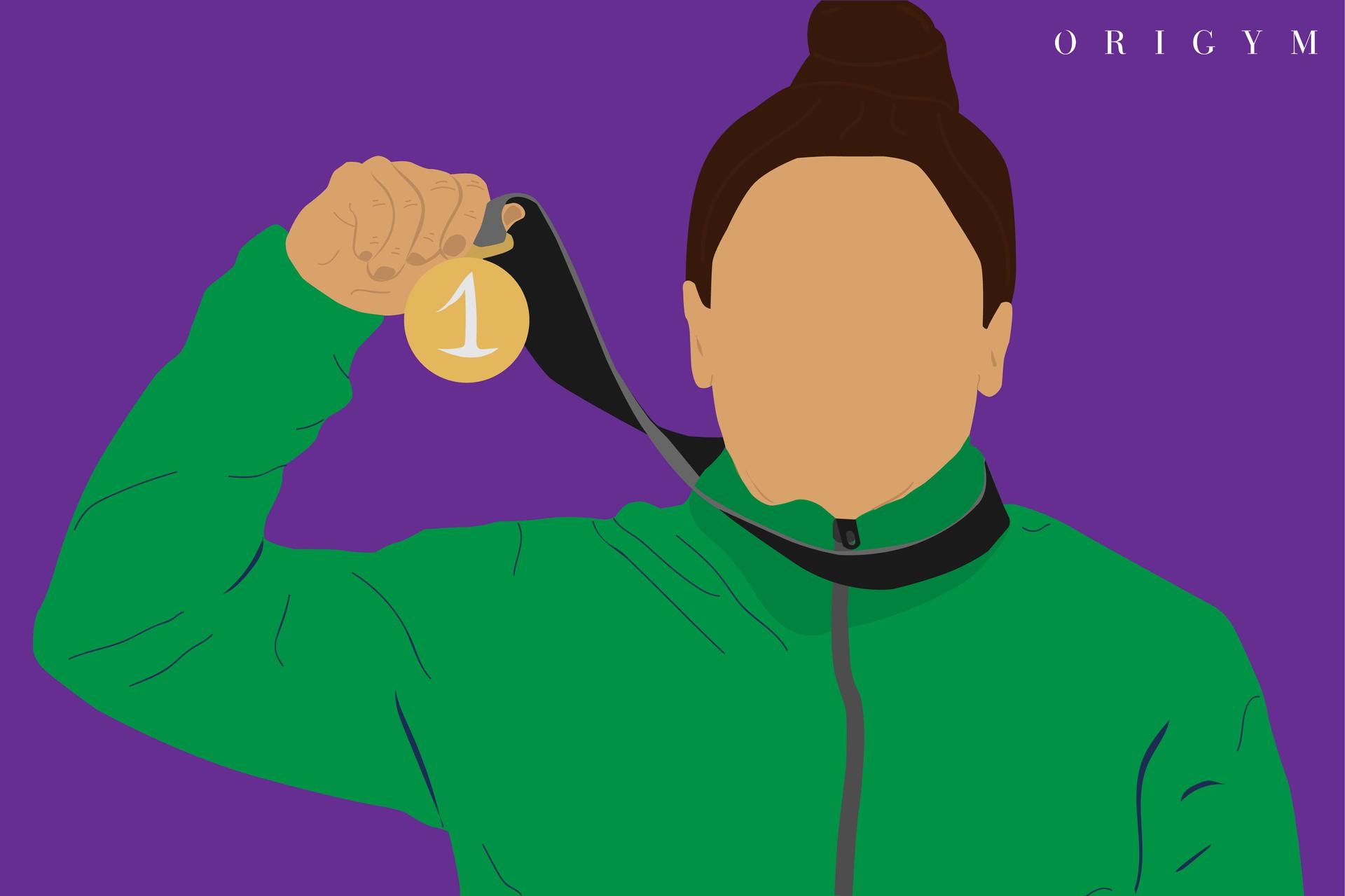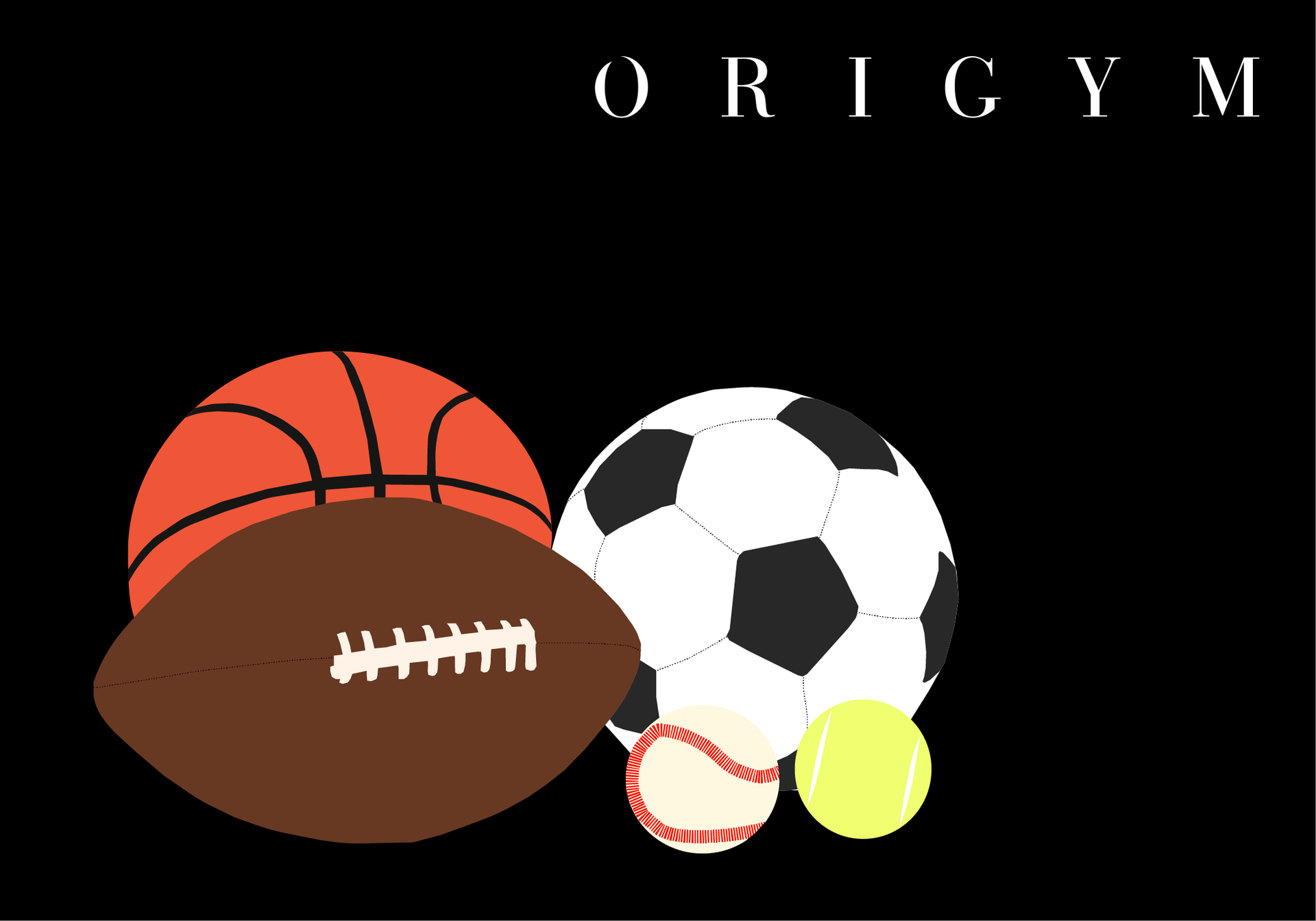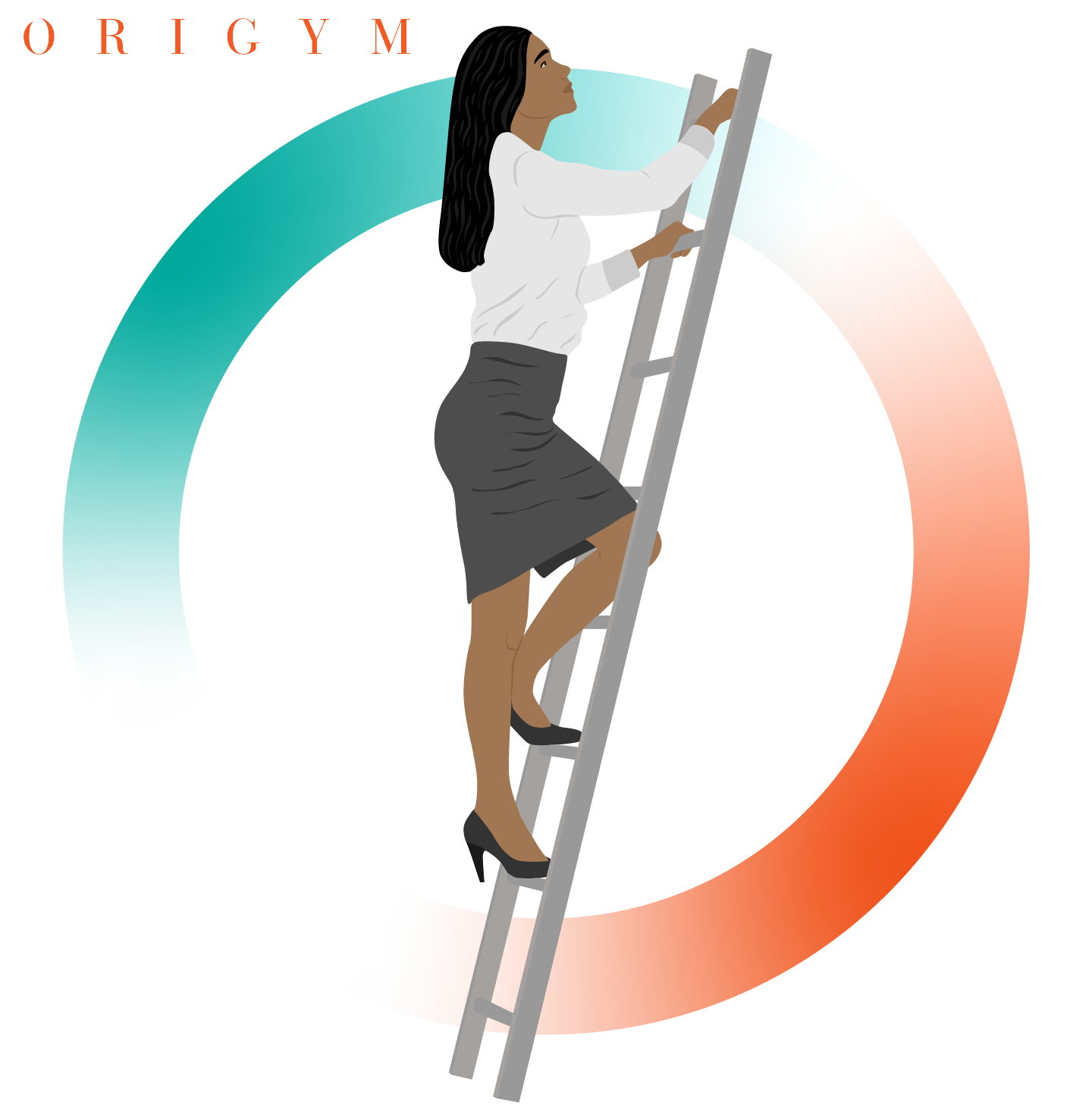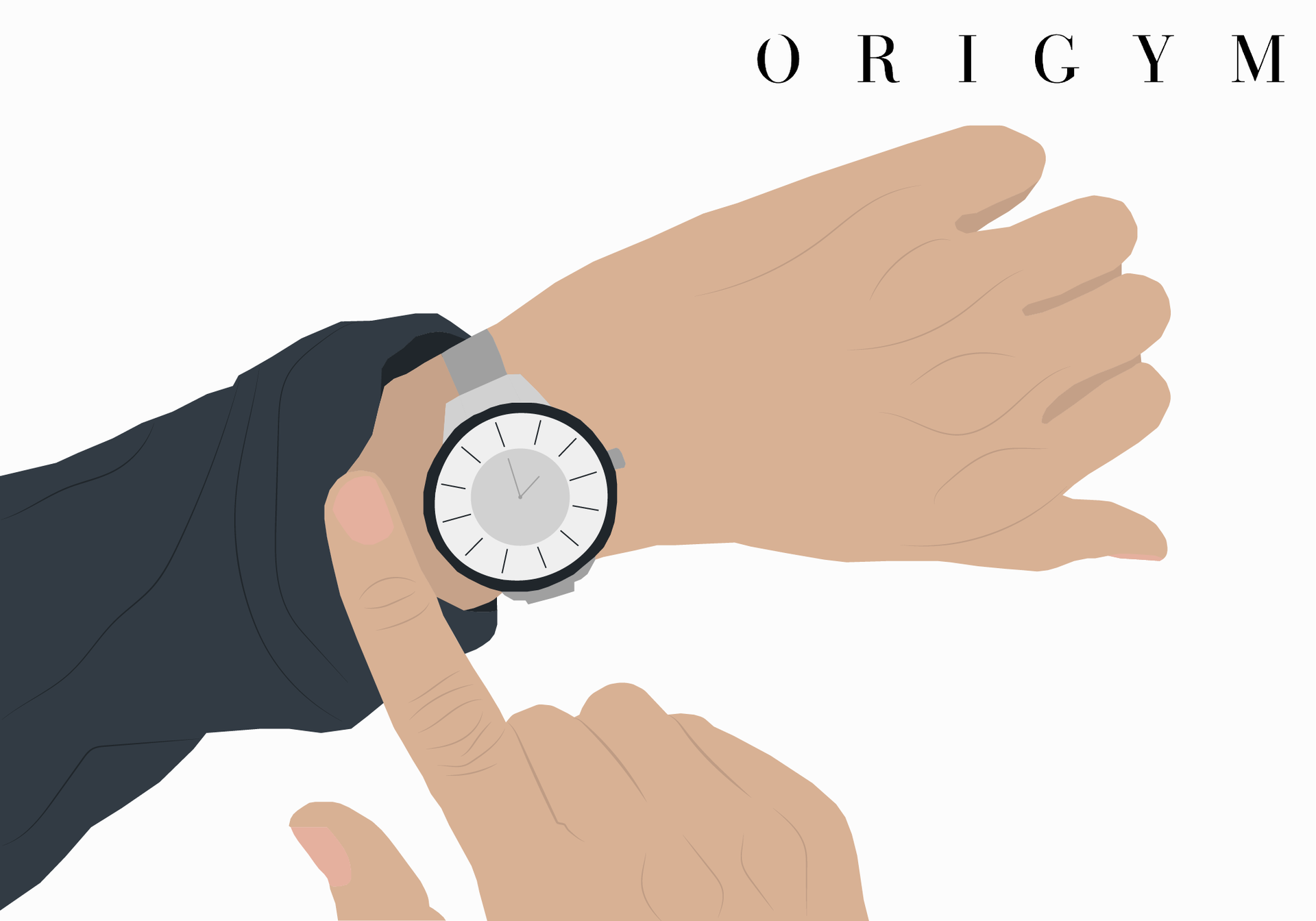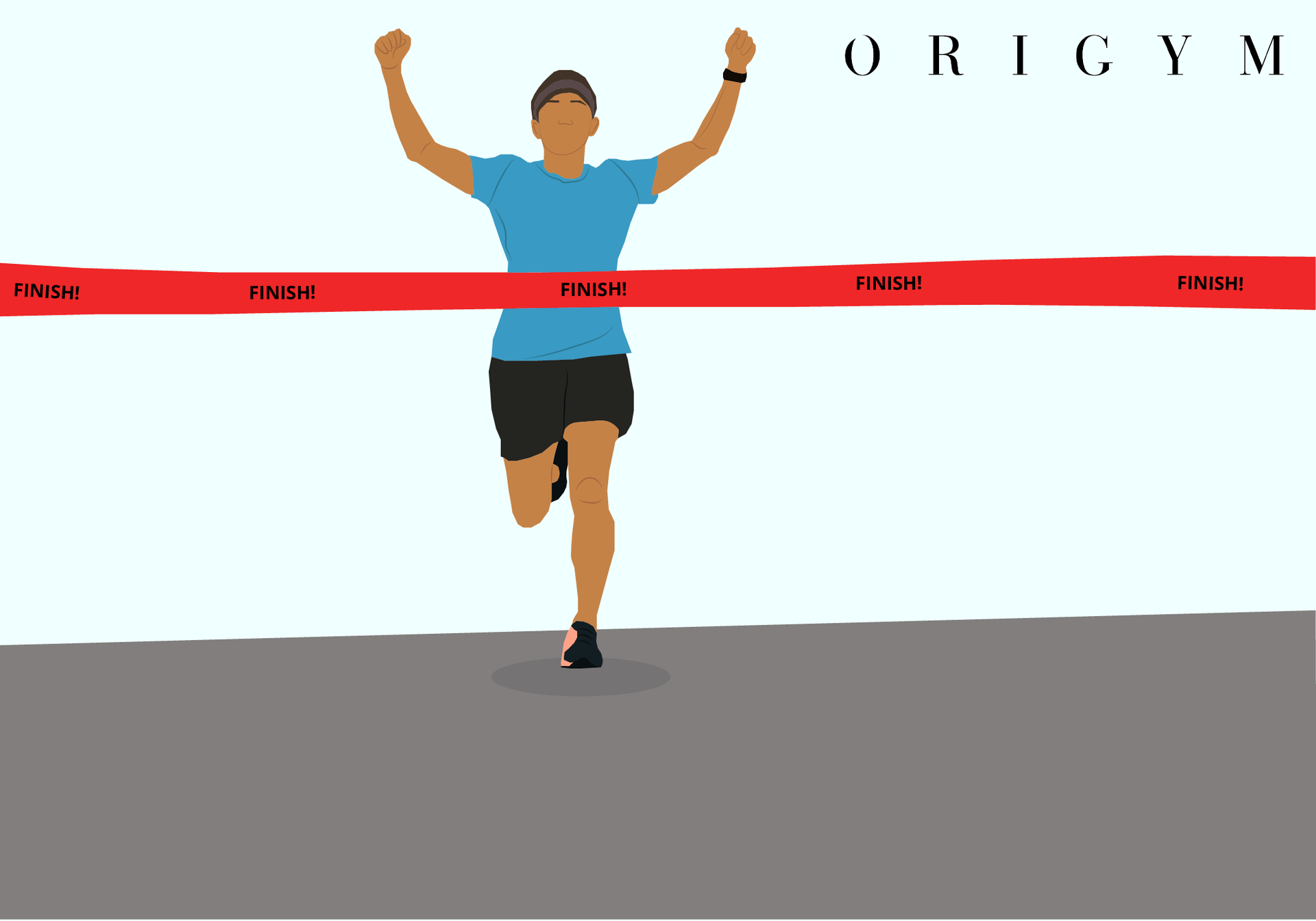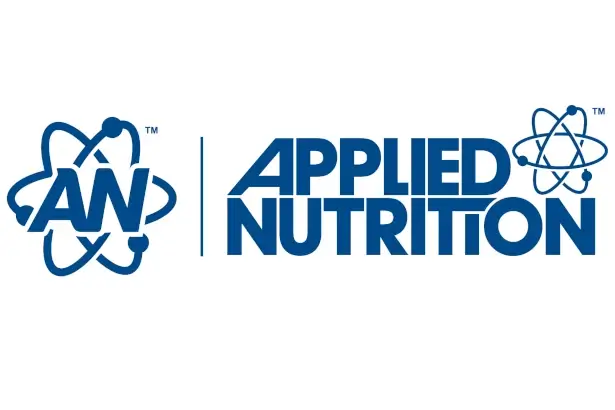If you’re thinking about starting a new career, we’re about to cover all of the pros of cons of being a nutritionist to help you to decide if this is the career for you.
Below you’ll find all of the best things about being a nutritionist, as well as some things to consider before you commit to this new career choice!
But before we get started, why not enquire about our Level 5 advanced nutrition qualification here and get your career off to the best start possible!
Or, you could download our online course prospectus for information on all of the courses that we offer here at OriGym.
Nutritionist Pros And Cons: 9 Pros Of Being A Nutritionist
If you’ve already researched how to become a nutritionist, you’ll probably know a little bit about the role.
But what is it really like to work in the world of nutrition? It can be hard to find all of the facts because a lot of these kinds of articles will only tell you the benefits of becoming a nutritionist.
Fortunately for you, we’re about to cover the advantages and the disadvantages of being a nutritionist so that you can make a well informed decision.
Here are the advantages!
#1 You Get To Work With People
If you’re looking for a job that allows you to meet a variety of different people from all walks of life, then it’s definitely worth considering a career in nutrition.
When we’re talking about the pros and cons of being a nutritionist, one benefit is that you get to work with plenty of different people.
As a nutritionist you’ll work closely with a number of clients every single day, which is just one of the reasons that for a nutritionist, no two working days are ever the same.
Depending on your specific job role, you could be creating a nutrition plan for a professional athlete one day, and helping somebody kick-start their health and fitness journey the next.
Even if you choose a niche for your career, you’ll still meet plenty of interesting personalities within that niche.
For example, if you decide to become a sports nutritionist for a local rugby team, you might think that you’ll be limited to working with rugby players day in day out.
But in reality, each player will have different dietary requirements, goals, and other needs that will affect their specific nutrition plan.
You’ll also get to work alongside tons of professionals from similar industries who you can learn from and network with!
#2 You Don’t Need A Degree
Despite what you might have thought or what you might have read when researching how to become a sports nutritionist, you don’t actually need a degree to start a career as a nutritionist.
This is something that a lot of people get confused about when first weighing up the nutritionist pros and cons, but fortunately for you, we are here to clear things up!
This confusion usually comes from the fact that you do need a degree to become a Dietitian, however, a Dietician and a Nutritionist are not the same thing.
The main difference is that, in Ireland, the title ‘Dietician’ is a protected title that is governed and regulated by law.
This means that there are restrictions on who can use the title Dietician, so only individuals who have a BSc degree that is approved by the Health & Care Professions Council (HCPC) can practice under this title.
This is not the case for Nutritionist, as pointed out by Second Nature:
“Dietitians are the only nutrition professionals to be governed and regulated by law. This means that anyone who uses the dietitian title must be registered with the correct professional body and adhere to their standards, otherwise, they will be penalised with legal action.”
This means that there are no specific qualifications that you need to have if you want to use the title ‘Nutritionist’.
However, that doesn’t mean that free online courses or unregulated short courses will get you to where you want to be in your career.
If you want to take the vocational route to getting qualified, you’ll have to consider some key factors, including course regulation, costs, and accreditation.
Fortunately for you, we’ve covered everything you need to know about becoming a nutritionist without a degree here.
#3 Have A Job That You’re Passionate About
If you’re thinking about what it would be like to work as a nutritionist, we can only assume that you are in some way interested in health and fitness.
If that is your reasoning for searching the nutritionist pros and cons, then you’re absolutely making the right decision in starting a new career as a nutrition coach.
Regardless of salary, working hours, or anything else that might have made you think twice about a career as a nutritionist, there is nothing better than having a job that you absolutely love.
When you find a job that you are truly passionate about, it really doesn’t feel like work, you will naturally be more motivated to do your job and do it well.
Plus, because you have a genuine interest in the role, you’ll find it easier to keep upto date with any updates or trends in the industry, and engage yourself with continuing professional development, both of which will boost your salary and allow you to progress!
#4 Pros And Cons Of Being A Nutritionist: It’s Rewarding
As if working in an area that you are truly passionate about isn’t enough, because one of the main aims of your role will be to help people to achieve a specific nutrition or health-based goal, this job can be really rewarding, too!
Each client will have an individual journey, and no matter how small their improvement, there is always a positive outcome of implementing a good nutrition plan.
When your client finally reaches their goal weight or achieves their peak performance in an important match or tournament, it can be super satisfying to know that you helped them to achieve that goal.
Even something as simple as helping an individual become a little healthier overall, and seeing small improvements in their mental or physical well-being, is a really rewarding feeling that is unmatched in most jobs.
#5 There Are Multiple Career Options
Although you’re here to talk about the advantages and disadvantages of being a nutritionist, that’s not to say that a ‘nutritionist’ is a set role.
In fact, there are numerous different routes that you can take as a nutritionist, for example, you could land a position in a public sector role, working in a hospital or school setting, or you could work in the private sector as a nutritionist for a pro sports team.
You could even qualify as a personal trainer, training your own clients in the gym and offering nutritional advice as an additional service! If you’re planning to do this, though, you’ll need to ensure you’ve got a thorough business plan.
#6 You Could Travel The World
Depending on the career path that you take, the pros and cons of being a nutritionist could even include the chance to travel as part of your role as a certified nutrition coach.
This is especially true if you’re considering a career as a nutritionist for a sports team, as that role can mean travelling to various cities or even continents alongside a professional team or alongside a pro athlete!
We’re definitely not saying that one of the pros of being a nutritionist is that there will be a free holiday involved, as you’ll still have your work cut out, but who doesn’t love the idea of ditching the office for an exciting overseas trip?
If the thought of looking at the same four walls in an office everyday is something that fills you with dread, ditching your 9-5 job for life as a nutritionist might just be your dream job.
#7 No Two Days Will Be The Same
If you’re tired of doing the same tasks every day, or sick of looking at the same four walls in your office, then a career as a nutrition coach might be the perfect solution to all of your problems.
Because you get to work with a range of different people, often in different locations, you never really know what you are going into when you start your day as a nutritionist.
Of course, this point can come over both the pros and cons of being a nutritionist, as some people might find it a little stressful that you can never truly be prepared for what your day will bring!
Whether its an athlete with a nutrition plan that just isn’t working, or a new client with a bunch of different dietary requirements, every customer, and therefore every day as a nutritionist, will bring something slightly different.
#8 Opportunities For Professional Development
One of the best things about a career in nutrition is that there are tons of opportunities for progression.
If you’ve looked into how to become a nutritionist, you’ll know that the main career paths are either public sector or private sector roles.
But from there, there are so many opportunities to take your career to the next level, either climbing up the career ladder in your workplace, or taking matters into your own hands and starting up your very own business.
If practicing nutrition becomes mundane, there are still plenty of other ways that you can have a successful career in this field.
For example, big nutrition, fitness, and supplement companies, all hire experienced nutritionists across the board, from specific roles like product development, to other areas where your expertise can come in handy, such as sales or marketing.
The possibilities within this industry really are endless, and as the world of health and fitness continues to grow, there are only going to be more and more opportunities for you to grab!
#9 Generous Salary
When you’re considering any career, the amount of money that you’ll earn is always an important factor, so it only makes sense to discuss salary when we cover the advantages and disadvantages of being a nutritionist.
Fortunately, salary falls into the pros of becoming a nutritionist!
Because there is so much room for progression, the potential salary for a nutritionist is completely unlimited – especially if you choose to start your own business!
The biggest factor that will affect your earnings will be whether you choose to take on a public sector or private sector role, with public sector positions paying a little less, but still not a salary to turn your nose up at!
According to Payscale Ireland:
When you first qualify, you can expect to earn anywhere in the region of €20,000 to €30,000 for public sector roles, and between €23,000 and €35,000 if you land a job in the private sector.
#10 You Could Start Your Own Business
As we mentioned a little earlier in reference to your opportunities for professional development, one of the pros of being a nutritionist is that you have the option to start your very own business!
Whether you want to become a personal trainer and nutritionist, offering clients advice both in the gym and in the kitchen, or take your career to the next level by opening up your own nutrition clinic, you’re completely free to take creative control over your career.
There are of course plenty of pros and cons of being a nutritionist with your own business, as being your own boss definitely is not easy.
But, the benefits of having complete freedom within your job, an uncapped earning potential, and being able to put your own stamp on something are guaranteed to make all of that hard work with it!
Nutritionist Pros And Cons: The Disadvantages Of Becoming A Nutritionist
Although we believe that becoming a nutritionist is a brilliant option for anybody who is interested in health and wellbeing, it’s only fair that a list of the pros and cons of being a nutritionist should include some cons too.
Here are a couple of things to consider before you get qualified as a nutritionist!
#1 – Unclear Role Requirements
Because the term ‘nutritionist’ isn’t a legally protected title in Ireland, unlike the term ‘dietitian’ for example, there can be some confusion around exactly what qualifications you need to complete before you can work as a nutritionist.
Truthfully, you do not need a degree to pursue this career, and there is no set criteria of qualifications or experience necessary to work in this field.
However, this is still something that we had to bring up for the pros and cons of being a nutritionist, as the role requirements in this field can vary between employers.
Mainly, public sector employers, such as schools, the NHS, or council-run gyms, will require a specific degree from all prospective candidates.
But what a lot of aspiring nutritionists don’t always know, is that careers in the more lucrative public sector will accept Ofqual regulated qualifications, like our level 4 Advanced Nutrition course.
Less qualifications needed and the potential to earn more money? It’s easy to see why private sector positions are becoming more popular!
#2 – Getting Qualified Takes Time & Money
If you’re eager to get started with this exciting new career, one negative might be that you can’t jump straight into working as a nutritionist because you will need a qualification.
Although it might be good news to know that you don’t have to complete a full degree, and that with a provider like ourselves, you can get qualified online in a matter of weeks!
A lot of people are put off this career choice by the cost of University education, but vocational qualifications are the perfect solution.
Whilst the free courses that you can find on the likes of Reed and Indeed are not sufficient to land you a role in nutrition, you can get qualified with a regulated vocational course which will only cost you a fraction of the price.
#3 – Working With People
Working with people is something that comes under both the pros and cons of being a nutritionist, simply because people are so unpredictable!
Whilst having a great client base can make for an exciting career, there will always be the occasional client who can be a little difficult.
This is especially true if you’re working as a nutritionist as a health setting, as some of the clients that you work with might not be seeing a nutritionist because they want to, but because they need to.
for example, their doctor may have referred them to your services on a health basis, usually to prevent them from developing a health condition or to stop them from becoming seriously ill.
If these particular clients are uninterested in making any healthy lifestyle changes, and have no desire to comply with the nutrition plan, it can be pretty difficult to change their mind!
This is one of the most difficult things that you will have to deal with in this line of work, but it is by no means an impossible task.
Sure, this type of client can throw a spanner in the works, but who doesn’t secretly enjoy a bit of a challenge?
If all of your clients were free of their individual differences and were all easy to work with, this job just wouldn’t be the same!
#4 – It’s Not An Easy Job!
The last thing we thought we would discuss on our list of the of nutritionist pros and cons is that despite the many pros of this career path, life as a nutritionist is by no means easy!
Of course, having a job that you enjoy really helps with your overall job satisfaction, but no job is totally free of stress or the need to work hard.
Whether you choose to run your own business and take on the many responsibilities that come with that, or you want to work up the career ladder in another business, you will have to work hard without a shadow of a doubt.
There is no denying that is not an easy job, but as we established earlier, there are tons of positive aspects of this career path that we can guarantee will make all of your efforts worth it.
Before You Go!
We hope that our rundown of the pros and cons of being a nutritionist have helped you to decide whether this is the right career for you.
If you are interested in getting started in this industry, then what are you waiting for? Enquire about our Level 5 Nutrition Qualification now and get qualfiifed in a matter of weeks!
Want to know more about the range of health and fitness qualifications that we offer here at OriGym? Download our free course prospectus for more information.

